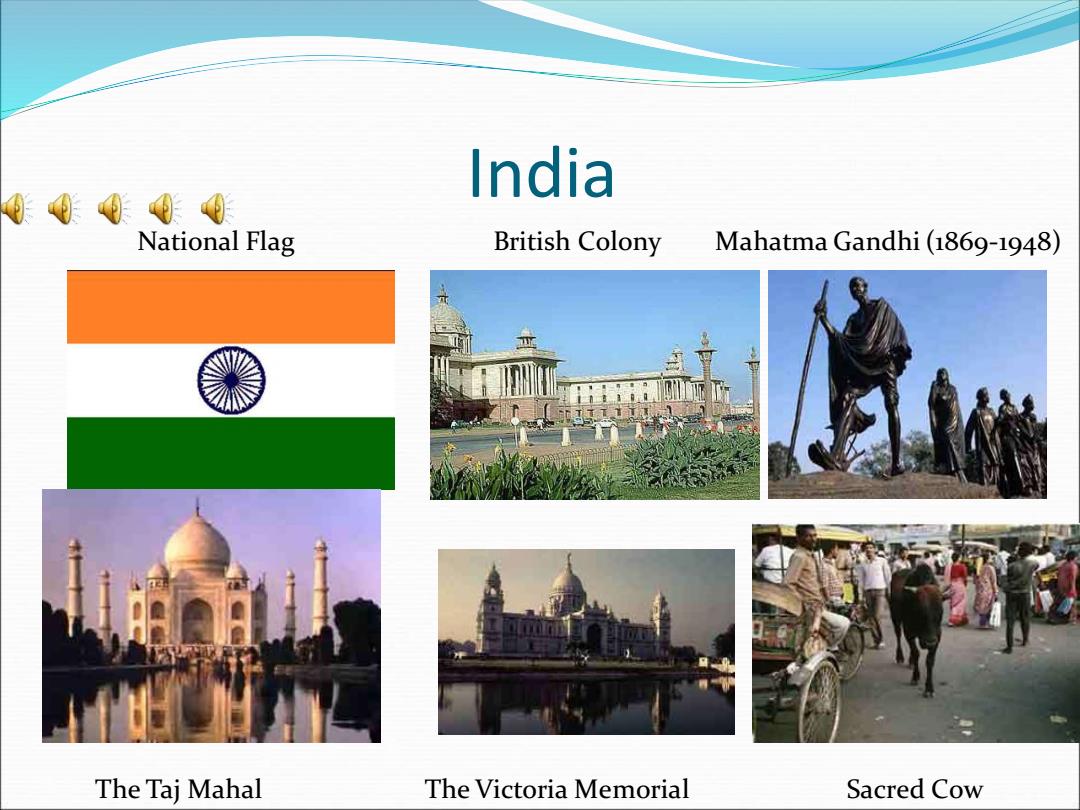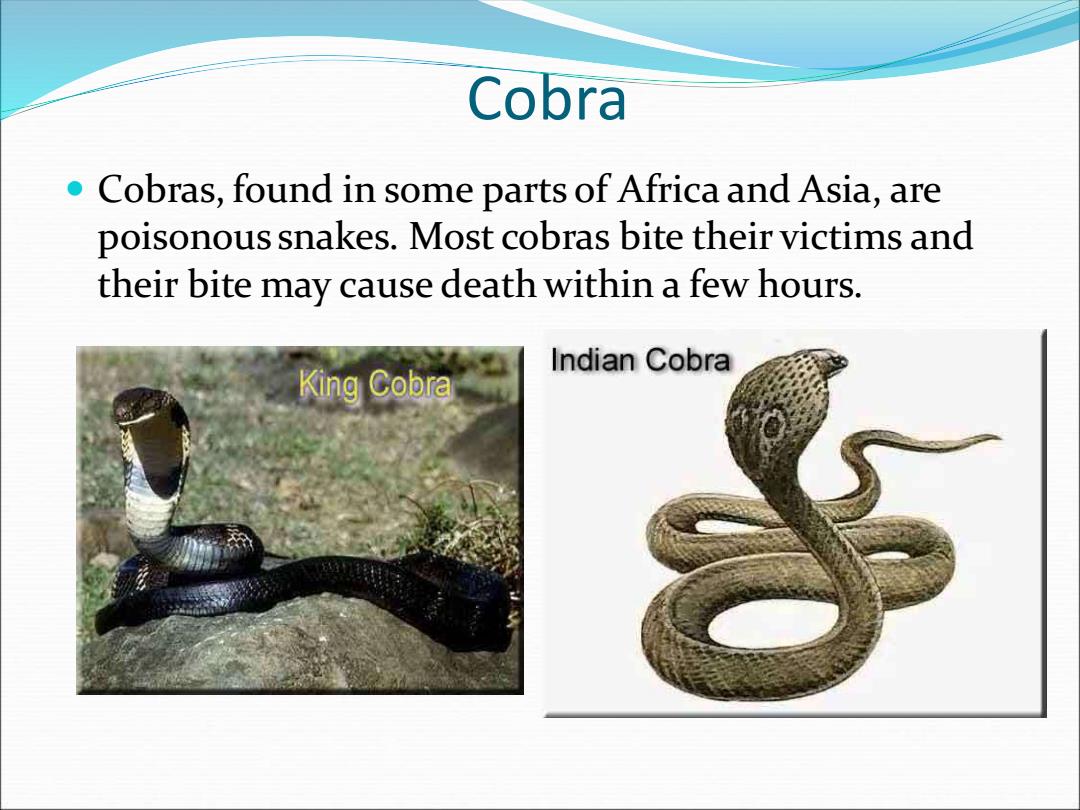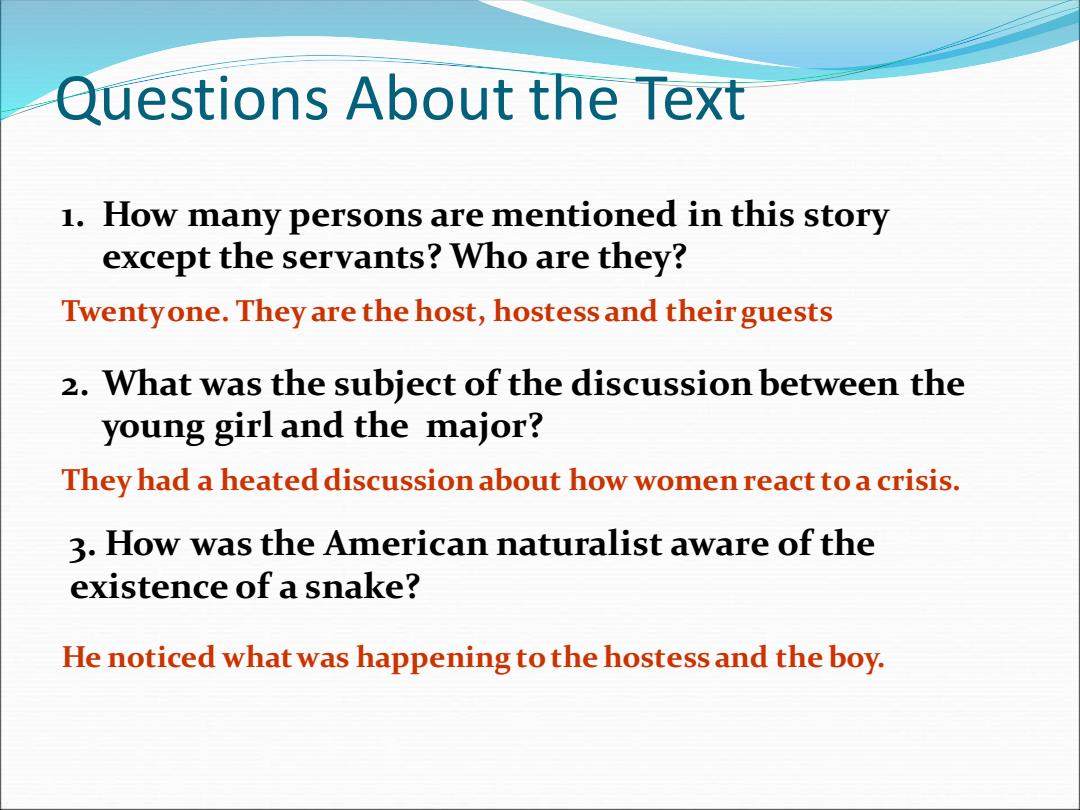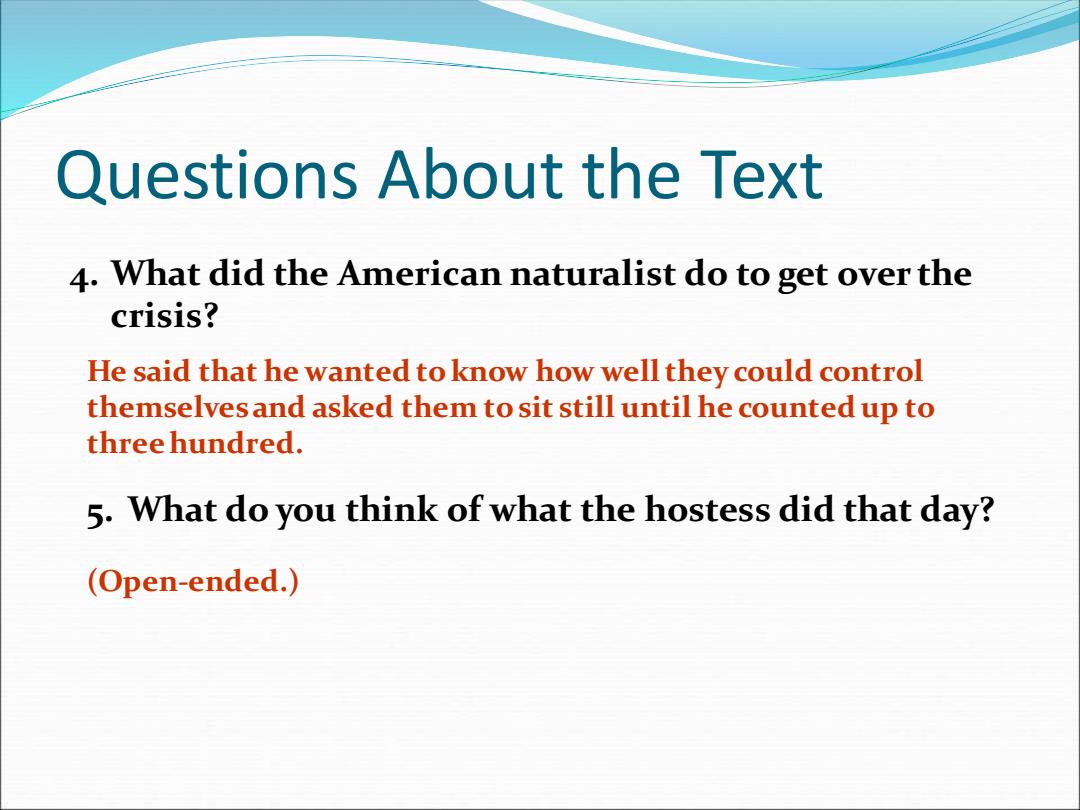
Unit One The Dinner Party 主讲人:潘月玲 外国语学院
The Dinner Party 主讲人:潘月玲 外国语学院

Before Reading 1.About the Author and the Story ●2.India ●3.Cobra 4.Prejudice Against Women 5.Discussion
Before Reading 1. About the Author and the Story 2. India 3. Cobra 4. Prejudice Against Women 5. Discussion

About the author and the Story Saturday Review Mona Gardner,an American woman writer.Most of her short stories were written for the Saturday Evening Post magazine and Collier's Weekly magazine during the 1930s and 1940s.The Dinner Party first appeared in the Saturday Review of Literature, Vol.25,No.5,January 31,1941. UNIVERSITY FOR UTOPIANS By Robert M.Hatchins
About the Author and the Story Mona Gardner, an American woman writer. Most of her short stories were written for the Saturday Evening Post magazine and Collier’s Weekly magazine during the 1930s and 1940s. The Dinner Party first appeared in the Saturday Review of Literature, Vol. 25, No. 5, January 31, 1941

India 0用0用可 National Flag British Colony Mahatma Gandhi(1869-1948) The Taj Mahal The Victoria Memorial Sacred Cow
India The Taj Mahal National Flag British Colony The Victoria Memorial Mahatma Gandhi (1869-1948) Sacred Cow

Cobra Cobras,found in some parts of Africa and Asia,are poisonous snakes.Most cobras bite their victims and their bite may cause death within a few hours. Indian Cobra King Cobra
Cobra Cobras, found in some parts of Africa and Asia, are poisonous snakes. Most cobras bite their victims and their bite may cause death within a few hours

Prejudice Against Women Women have been prejudiced against for centuries perhaps ever since life on earth.They have long been referred to as“weaker sex”or“fairer sex,.”considered naturally weaker than men,squeamish,unable to perform the work that requires muscles or pluck the courage to face up to any crisis.As we know,Plato, Aristotle,Shakespeare,and Confucius all made negative remarks about women.And even today,such a prejudice has not entirely been eliminated and the argument in the text shows how hard long-standing prejudices die
Prejudice Against Women Women have been prejudiced against for centuries perhaps ever since life on earth. They have long been referred to as “weaker sex” or “fairer sex,” considered naturally weaker than men, squeamish, unable to perform the work that requires muscles or pluck the courage to face up to any crisis. As we know, Plato, Aristotle, Shakespeare, and Confucius all made negative remarks about women. And even today, such a prejudice has not entirely been eliminated and the argument in the text shows how hard long-standing prejudices die

Discussion Who do you think are braver,women or men? Please give examples to s support your statement. Do you have the same feeling when you see a woman screaming over an insect and a man screaming over an insect?Why or why not? Do you think women can do everything men can?Why or why not?
Discussion Who do you think are braver, women or men? Please give examples to support your statement. Do you have the same feeling when you see a woman screaming over an insect and a man screaming over an insect? Why or why not? Do you think women can do everything men can? Why or why not?

Global Reading 1.Questions About the Text 2.Rearrange the Order of the Pictures
Global Reading 1. Questions About the Text 2. Rearrange the Order of the Pictures

Questions About the Text 1.How many persons are mentioned in this story except the servants?Who are they? Twentyone.They are the host,hostess and their guests 2.What was the subject of the discussion between the young girl and the major? They had a heated discussion about how women react to a crisis. 3.How was the American naturalist aware of the existence of a snake? He noticed what was happening to the hostess and the boy
Questions About the Text Twenty one. They are the host, hostess and their guests 2. What was the subject of the discussion between the young girl and the major? They had a heated discussion about how women react to a crisis. 3. How was the American naturalist aware of the existence of a snake? He noticed what was happening to the hostess and the boy. 1. How many persons are mentioned in this story except the servants? Who are they?

Questions About the Text 4.What did the American naturalist do to get over the crisis? He said that he wanted to know how well they could control themselves and asked them to sit still until he counted up to three hundred. 5.What do you think of what the hostess did that day? (Open-ended.)
Questions About the Text 4. What did the American naturalist do to get over the crisis? 5. What do you think of what the hostess did that day? He said that he wanted to know how well they could control themselves and asked them to sit still until he counted up to three hundred. (Open-ended.)